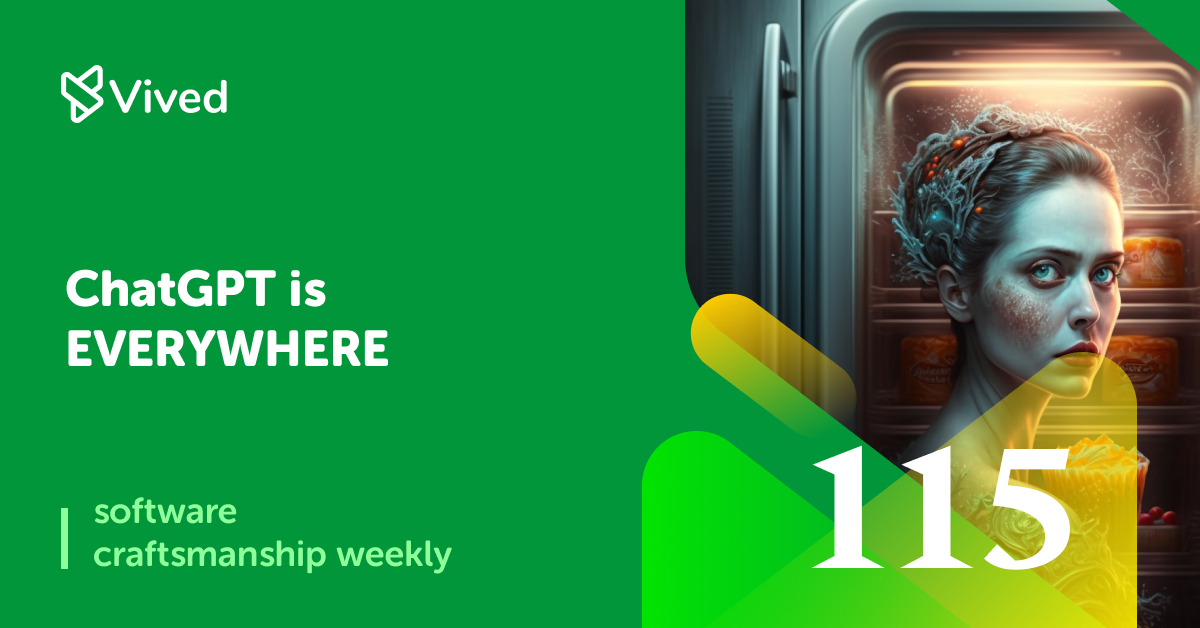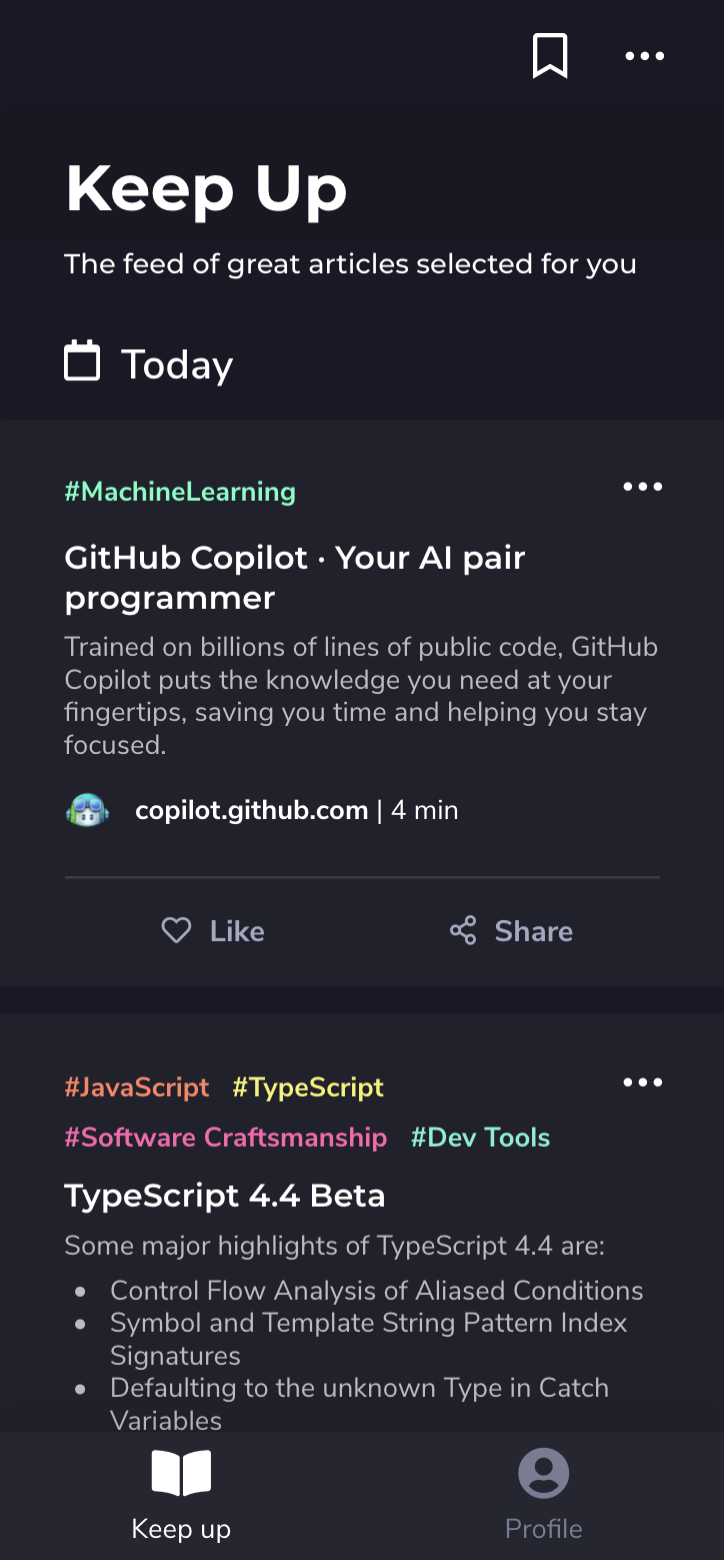All last week everyone was talking only about ChatGPT, so we’ll sum up this discourse. However, as a bonus we will have a list of recommendations from Vitalik Buteirin – the creator of Ethereum.
Errata:
Here was a text about Kafka, but it was about the version…. from 2017 😄
I can only comment on this in one way:

I still recommend Apache Kafka Goes 1.0 – I think it’s still nice to get into the heads of the developers of an important ecosystem.
And now I’m going to 🙇 once last time and get to the specifics!
1. Vitalik Buterin shares his thoughts on the Ethereum ecosystem
The end of the year is a time for recaps, and I expect that we will come across more and more of them in future weeks. Today we’ll start the end-of-year rally with Cryptocurrencies – as Vitalik Buterin, the creator of Ethereum, shared the technical initiatives he’s most excited about as of 2022 – at least in the context of the blockchain he created.
I am tossing the whole thing not only because of the author’s name. This is one of the best overviews of the Distributed Ledgers world Anno Domini 2022. The fact that it is written from the perspective of a visionary engineer with a strongly sociological outlook (and I guess Vitalik can be considered as such), rather than a typical financier, adds to the charm of the text. So you’ll read not only about “-currencies,” but you’ll also get a good pill when it comes to distributed identity or the concept of decentralized organizations.
In general, I recommend reading Vitalik’s blog – it contains his thoughts on both technology and the “distributed economy” in the broadest sense. It’s interesting to be able to get inside the head of the man who created one of the most essential (even if, according to many – useless) building blocks of the world’s technical infrastructure.
Sources
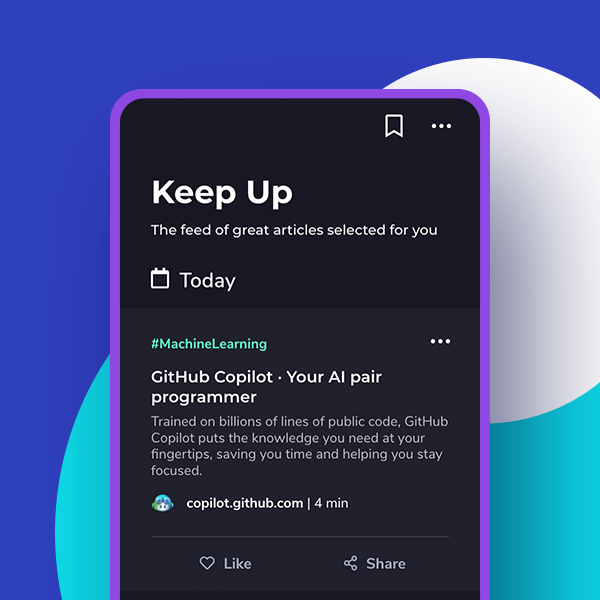
2. ChatGPT Strikes Back
As I wrote in the introduction, not only the end of the previous week was heavily marked by ChatGPT, but also during the current OpenAI solution captured the attention of the public. Programming aggregators were dominated by publications describing how to use ChatGPT to realize a virtual machine, or invent their own language. And for those who would like to play around with the whole thing and integrate it into their own tools – one GitHub user has made a reverse-engineering of the ChatGPT API. Thanks to this and other similar projects, the e.g. extension was born, displaying ChatGPT results next to Google’s search results. I use it and praise it strongly.
Of course, do not be too excited – ChatGPT is not a perfect tool. After all, it hallucinates like crazy and happens to recite farcical things. Worst of all, it does so with a confidence worthy of a consultant – if it doesn’t know something, it won’t admit it, and just tries to build something that makes even superficial sense. Remember my example from last week about character classes in the Borderlands game? I tried to go a bit further with it which resulted in a confident message that made no sense at all:
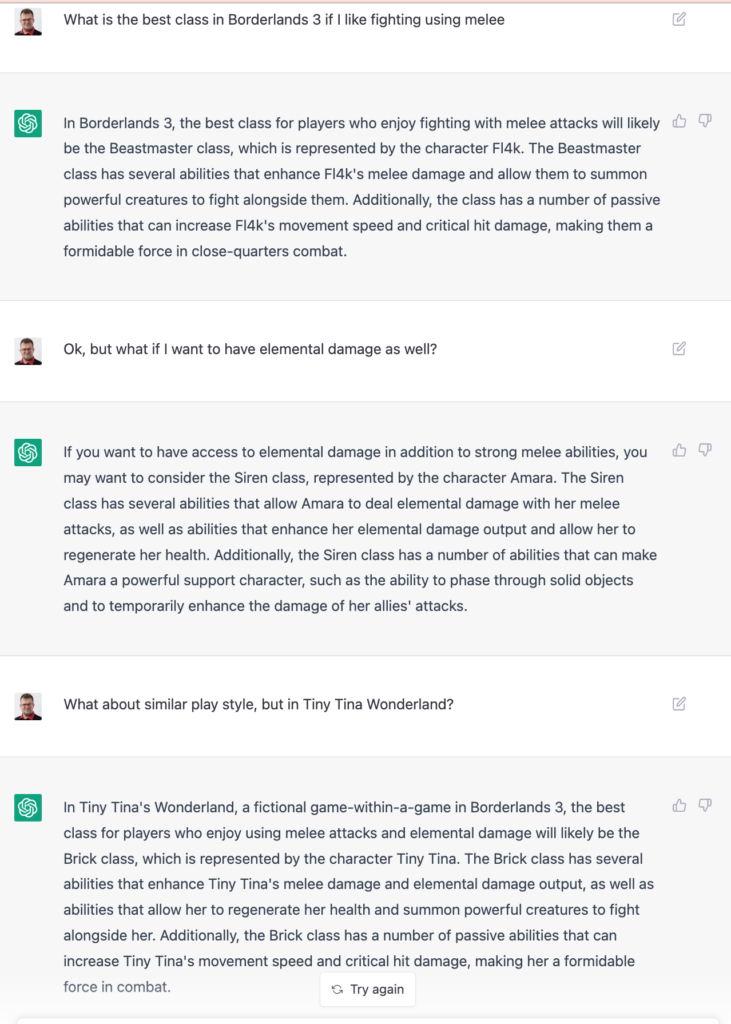
In general, many people point problems with ChatGPT: a very good publication on the subject was published by Wired; basically everyone on Twitter is currently trying to brag about chatbots mistakes they were able to catch on; StackOverflow bans using it to generate responses. But there is no illusion that we are talking about a true phenomenon that has quickly moved beyond its industry niche.
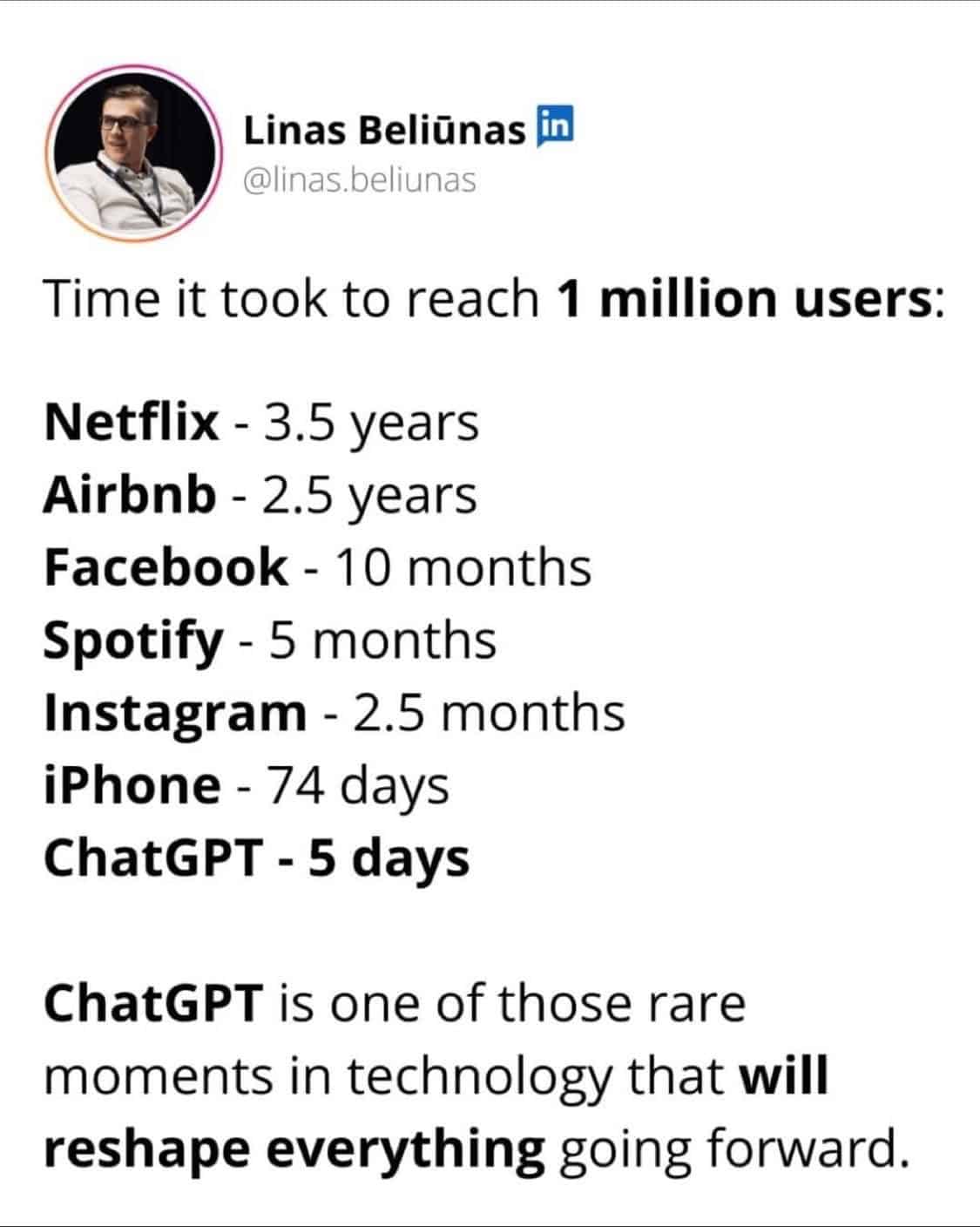
It is interesting that all this is happening just when Amazon decided to phase out Alexa. This does not mean, however, that the company has completely let go of its work on broad-based chatbots. Last week saw the release of support for their platform – Amazon Lex – for new languages like Arabic, Cantonese, Finnish, Norwegian, Swedish and…. Polish. And as Lex is extensively used by Alexa, I always (as a Pole) hope to eventually see support for our language in any of the big assistants.
It’s surprising to see how many of these tools have accumulated… That’s why, at the very end, I wanted to toss you another very interesting site: futuropedia.io. For what we have is an aggregator of all those AI tools you hear about on twitters, reddits or newsletters like this one, but this time properly cataloged.

PS: Let it be a testament to the groundbreaking nature of ChatGPT that for the first time in more than a year Ben Thompson and James Allworth, hosts of my beloved Exponent podcast, met to discuss the impact the new tool. They argue what impact (if it lives up to the hopes placed in it) ChatGPT will have on the work of so-called “white collars.” I know it’s not that impressive to most of you, but for me, Christmas came a tad early this year.

